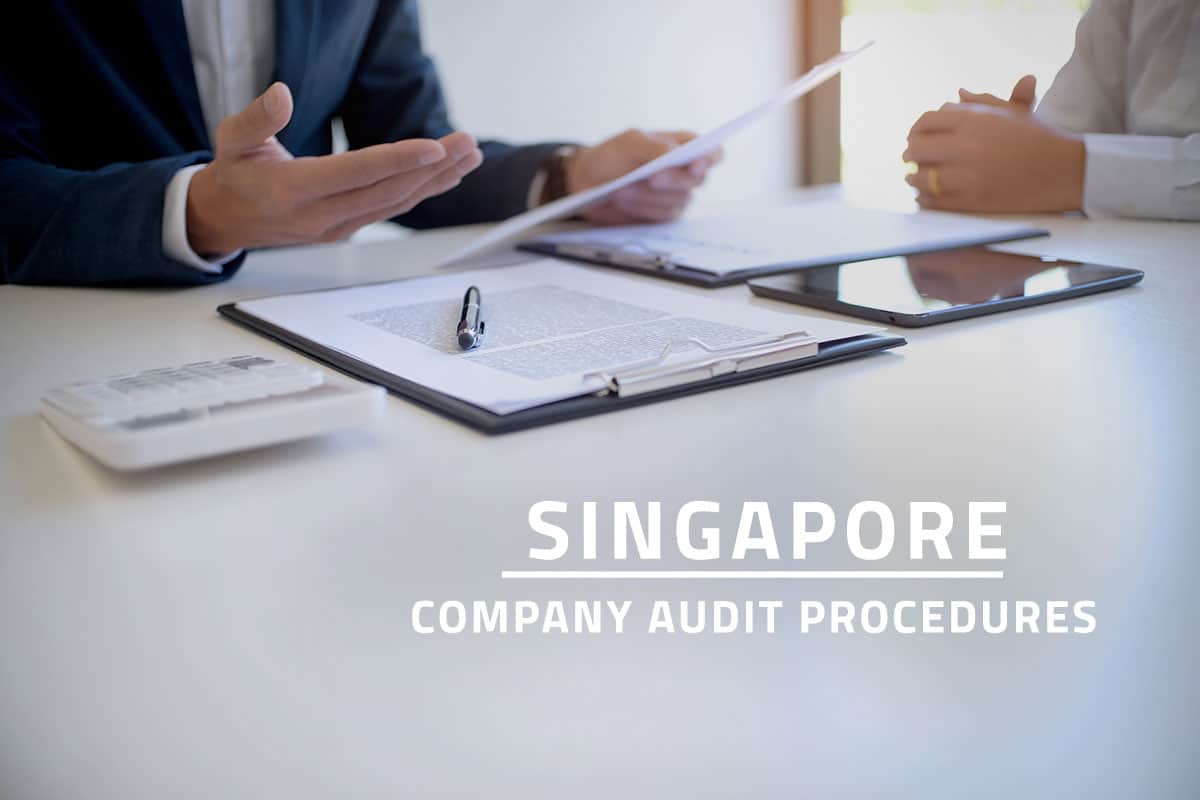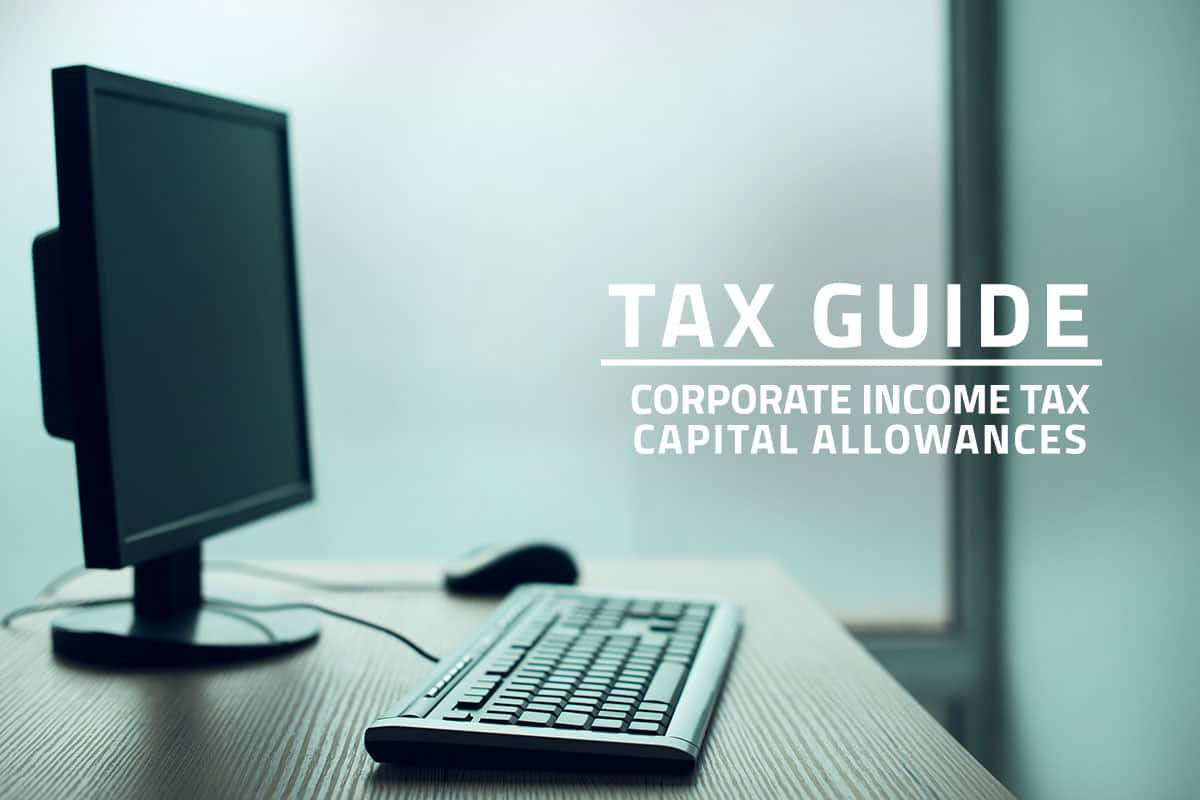Understanding audit procedures in Singapore is essential for business owners and company heads as Singaporean companies are required to conduct periodical audits on their financial statements as established in the Singapore Companies Act.
These audits are conducted to preserve the accuracy of the financial statements issued by businesses within the country. In compliance with the law, Singapore companies must appoint auditors during the first 3 months immediately following their incorporation.

Audits Under the Companies Act of Singapore
The Companies Act of Singapore mandates that company audits may only be conducted by a qualified accounting professional. Financial statements of a private company must undergo a statutory audit at least once a year unless the company meets certain criteria to be exempted from such a requirement.
The Companies Act provides other stipulations regarding audits and auditors, which include:
- The appointment and remuneration of auditors
- The criteria to consider a company exempt from audits
- The duties of an appointed auditor
Companies exempt from audits include small companies, which are those that meet the criteria for the “small company” definition of the Accounting and Corporate Regulatory Authority (ACRA) in Singapore.
And dormant companies, which are those that have been inactive since they were formed or since the end of their previous financial year.
Auditing Services in Singapore
In line with the fast economic growth in the country, many accounting firms provide their services to private companies that wish to conduct periodical audits on their financial statements. These services include gathering evidence, data analysis, and reporting on the situation of the business’ financial statements based on the firm’s professional judgment.
Audit Procedures and the Singapore Standards on Auditing (SSA)
Audit procedures are the processes and methods used by auditors to determine the quality of the financial information given by their clients. These procedures allow auditors to draw a conclusion or to issue an opinion on their client’s financial statements. Methods used by registered auditors for statutory audits will depend on the nature of the client’s business and the identified objectives of the audit.
Accountants in Singapore follow the Singapore Standards on Auditing (SSAs) developed by the Auditing and Assurance Standards Committee of the Institute of Singapore Chartered Accountants (ISCA). The adequate execution of these audit procedures is monitored by the Accounting and Corporate Regulatory Authority (ACRA) of Singapore, which oversees accountants in the performance of their duties.
Overview of SSAs in Singapore
SSAs are Singapore’s equivalent to globally accepted International Auditing Standards. They cover various matters regarding audit procedures that must be followed by accountants to fulfil their auditing duties. These include:
SSA 200 – Overall Objectives of the Independent Auditor and the Conduct of an Audit
SSA 230 – Audit Documentation
SSA 250 – Consideration of laws and regulations
SSA 300 – Planning an audit of financial statements
SSA 500 – Audit Evidence
Additionally, the ISCA provides a set of resources known as the “Practical Guidance series” that covers audit procedures for various scenarios and industries.
Audit Procedures Concerning PPE, Inventory & Revenue
Property, Plant & Equipment (PPE), Inventory and Revenue accounts have a significant impact on most financial statements and the SSAs establish various guidelines that aim to ensure the transparency and accuracy of the records that affect the value of these important items. Some of these considerations include:
- How fixed assets are valued and how they are depreciated
- Which method is used to value inventory (FIFO, LIFO, Weighted Average)
- How revenue is recognized
In conclusion, an adequate understanding of audit procedures in Singapore is crucial for ensuring any Singapore company’s compliance with the country’s regulatory framework. It is advisable to consult a trusted auditing firm with expertise in the field of one’s company or business to maximize efficiency and success of any statutory audits.
With over 30 years of experience in providing professional audit services, PWCO is committed to building long-term relationships with its clients by providing scenario-based and actionable advice specifically suited to every company’s situation and needs.
Related Posts
Debt Restructuring
Debt Restructuring A business debt restructuring exercise is a financial strategy tp assist companies facing…
Tax Guide: Singapore Capital Allowances
By law, all Singapore Companies are required to file annual income tax returns to the…
Quick Guide: IAS 20 – Accounting for Government Grants
This year, the COVID-19 crisis has adversely impacted the global economy. Singapore is no exemption,…
Singapore Guide: ISCA FRB 6 – Accounting for Jobs Support Scheme
This year, the COVID-19 pandemic has inevitably adversely impacted the global economy. Singapore companies and…











